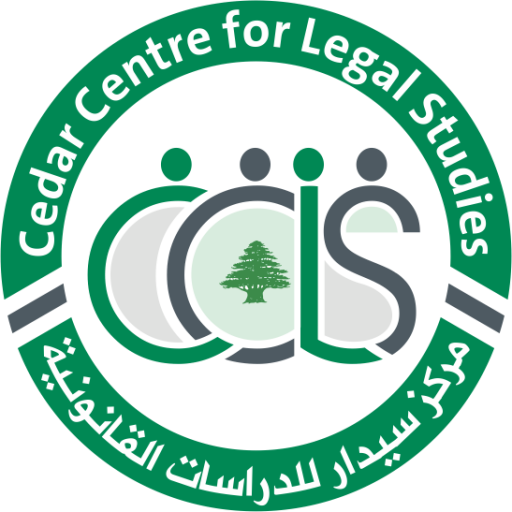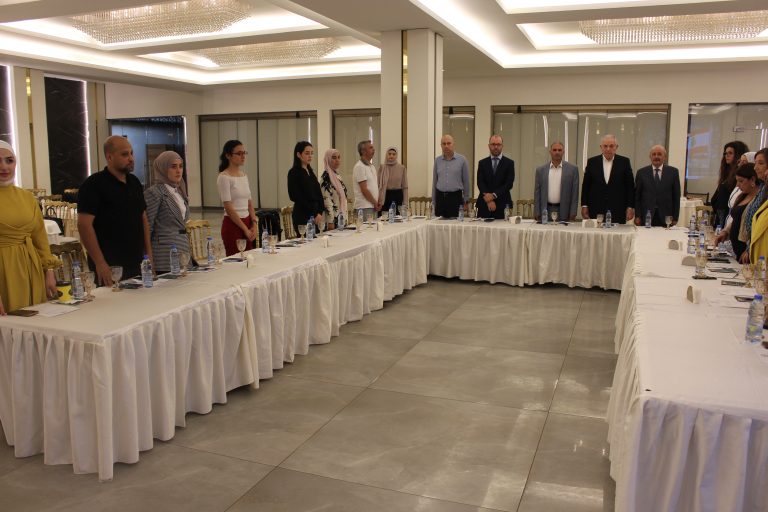Awareness
Raise awareness about human rights issues worldwide especially Lebanon by providing informative and engaging content.
Legal Assistance
The Center provides legal assistance to victims of torture and enforced disappearance, migrants and refugees.
Rehabilitation Victims of Torture
The center provides medical consultations, psychological and physical treatment to victims of torture in Lebanon.
Media & Videos
Case Study
Advocacy
Publication & Activities

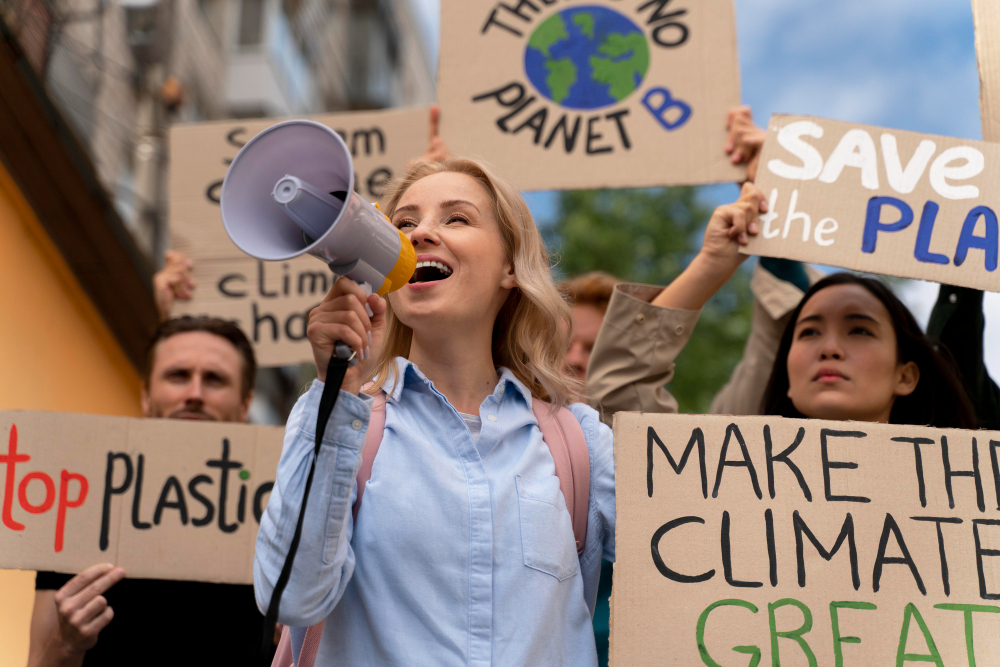
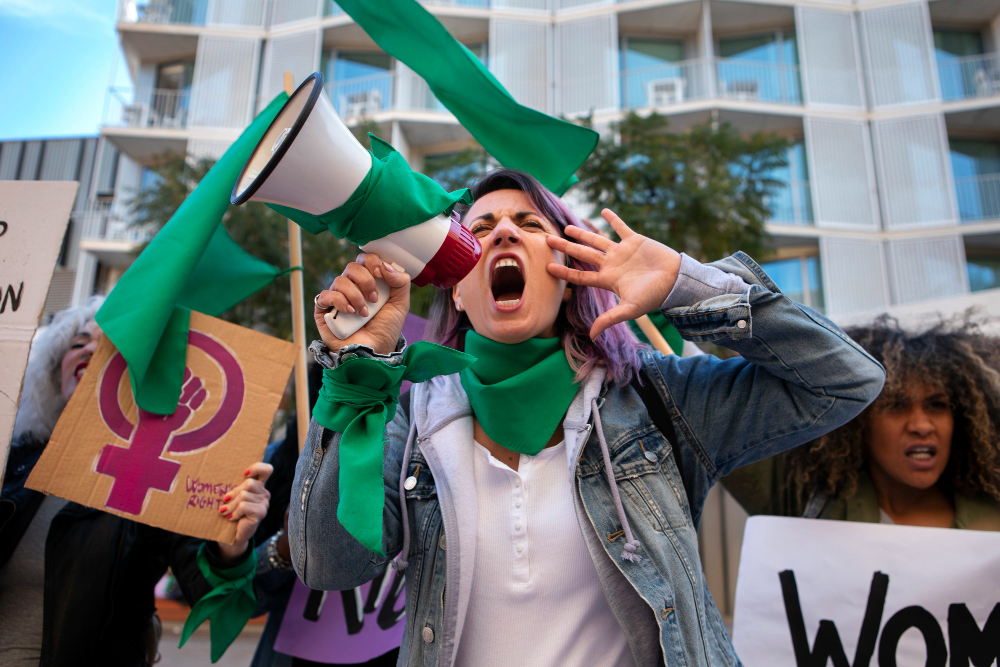
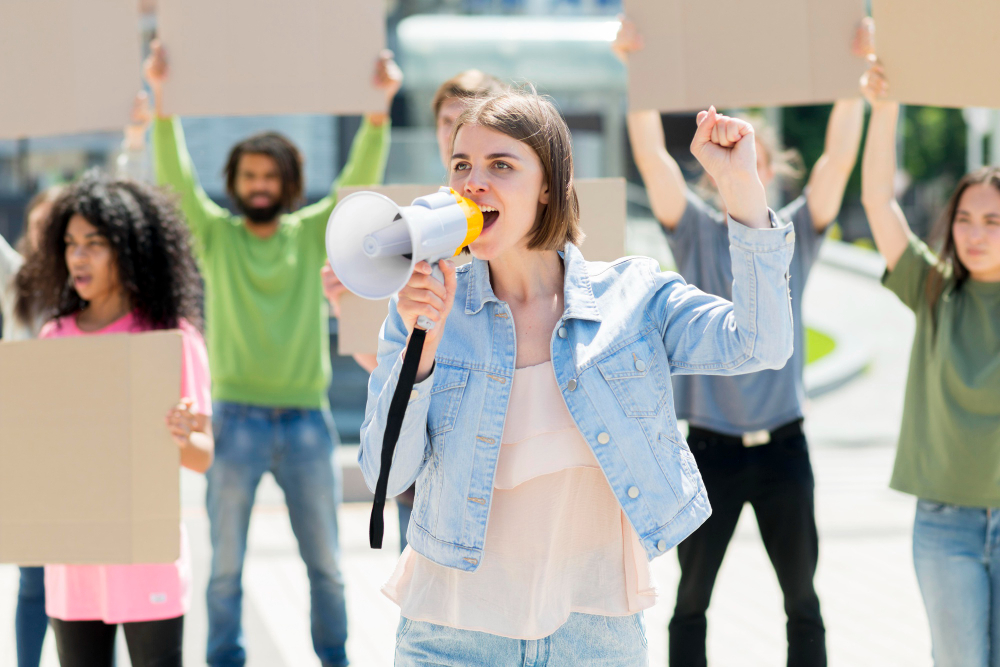
Who we are ?
Our goal is to promote a legal culture and civic engagement in Lebanon
Cedar Center for Legal Studies is a civil, non-profit company, established in Lebanon in 2013 and registered with No. 609. It is an independent, non-sectarian center and is not affiliated with any political parties. It is concerned with spreading the culture of democracy, human rights, and the rule of law.
89
Victims of torture
520
Psychosocial Support Session
221
Medical Consultation and Physical Therapy
27
Legal cases
31
Irregular migration files
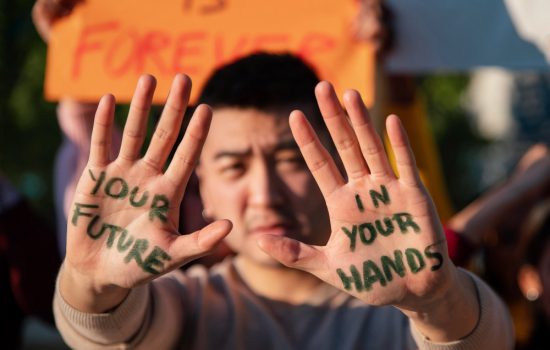
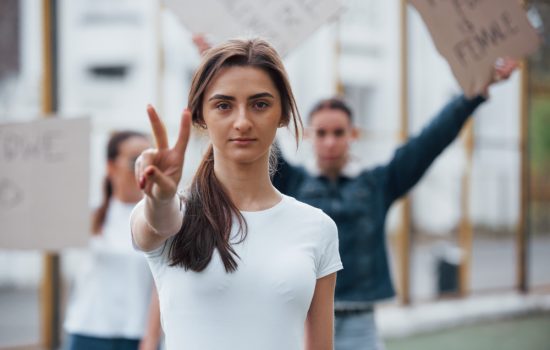
Our Programs
Unveiling Human Rights Realities
Through its diverse programs, the Cedars Center for Legal Studies seeks to promote human rights and protect the most vulnerable groups in Lebanon, including adult and minor victims of torture. The Cedars Center believes in the importance of providing comprehensive legal support and sustainable rehabilitation services for them, as well as protecting refugees and irregular migrants, to ensure their dignity and empower them to reclaim their lives with peace and justice.
Rehabilitation of Victims of Torture
The project aims to provide comprehensive support to victims, covering medical, psychological, social, and legal aspects:
- Medical Consultations: Continuous healthcare and treatment of long-term injuries resulting from torture.
- Physical Therapy: Restoration of movement, strength, and physical well-being for survivors.
- Psychosocial Support: Individual sessions to help victims and their families cope with trauma and enhance resilience.
- Legal Support: Legal representation and guidance for detainees and victims of torture in accordance with Anti-Torture Law No. 65/2017 to ensure access to justice.
- View Detail
Support for Refugees and Irregular Migrants
The project focuses on strengthening legal support and defending the rights of Syrian refugees and irregular migrants in Lebanon amid escalating regional conflict. It includes:
- Providing legal consultations to refugees and irregular migrants.
- Advocacy before local courts for victims and those threatened with deportation.
- Networking with local and international civil society organizations and advocacy through the United Nations.
- Producing and publishing legal studies and reports to enhance the protection of human rights.
- View Detail
Addressing the Unlawful Use of Force and Supporting Survivors
The project aims to address violence and abuse by police and official authorities, with a focus on rehabilitation, and includes:
- Providing psychological, legal, and social rehabilitation services to survivors.
- Advocating for police reforms based on human rights principles.
- Promoting public awareness through advocacy campaigns to prevent future violations and support survivors.
- View Detail
Cedar Centre for Legal Studies - Quarterly Newsletter (August – December 2025)
This quarterly newsletter highlights the Cedar Centre for Legal Studies’ (CCLS) ongoing commitment to defending human rights, promoting justice, and supporting victims of torture and vulnerable groups across Lebanon and beyond.
Between August and December 2025, the Cedar Centre for Legal Studies (CCLS) continued its mission to promote justice, defend human rights, and support victims of torture and vulnerable groups in Lebanon.
The Centre advanced its four main projects on torture rehabilitation, legal protection, refugee and migrant support, and advocacy against deportation and unlawful use of force. Survivors received medical, psychological, and legal assistance, while vulnerable groups were shielded from abuse and exploitation.
Through reports and advocacy, CCLS shed light on human rights violations and reinforced its role as a defender of dignity, justice, and the rule of law.
To read the full newsletter, click Download File.
